Women in Green: Part 2 of 2 – by Maia Kumari Gilman
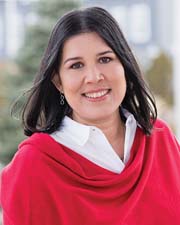
The U.S. Green Building Council (USGBC)’s Middle Atlantic Region presented the second annual Women in Green conference in June, with a focus on the new trifecta of social justice, climate change, and the current pandemic. Introduced by Faith Taylor, the first African American woman at the former Wyndham Worldwide to develop corporate environmental standards recognized five years in a row by the Dow Jones Sustainability Index, the virtual conference delivered a powerful message of the need for and importance of social, environmental and economic change. Taylor introduced former NJ governor and EPA head Christine Todd Whitman, now head of the Whitman Strategy Group, who presented opening remarks for the Women in Green conference and answered questions before the panel discussions.
The conference panelists were introduced by Medea Villere, regional coordinator of market transformation and development for USGBC; the panelists represented diverse interests in building, business, and environmentalism. Every speaker touched on the need for workplace awareness of and response to issues of social justice, climate change and public health approaches to the current COVID-19 pandemic and tied these significant social drivers to our economic health and environmental wellbeing.
Each speaker presented a nuanced approach to bringing social justice dialogue into the workplace. For Julia Gisewite, Turner Construction Company’s chief sustainability officer, it is critical to treat issues of social justice with equal weight to issues of climate change, and to acknowledge them both as having already reached pivotal tipping points.
Climate change, a long-held aspect of USGBC’s raison d’être, was addressed with equal importance by the speakers. Vlada Keniff, vice president of energy and sustainability, Capital Projects Division, at the New York City Housing Authority (NYCHA), spoke from the perspective of both an immigrant to the U.S. and as an executive working in sustainability.
“Bring sustainability into every job” was the main message presented by speaker Amanda Nesheiwat, who works as the deputy director of sustainability and community outreach for Hudson County Improvement Authority. She noted that most cities and many private companies have sustainability directors and departments, and that these groups are often led by women.
The importance of being a generalist in order to find connections and help others to make connections in sustainability was called out by Jodi Smits Anderson, director of sustainability programs at the Dormitory Authority of the State of New York (DASNY). We will “always be able to do more than yesterday,” said Anderson.
A vigorous Question and Answer period followed, moderated by Monika Serrano-Riedlinger, sustainability project manager at Turner Construction. Attendees submitted questions via the conference’s online chat box and were read aloud for panelists to answer.
Breakout sessions followed, focusing on mentorship, resiliency, return on investment (ROI) of sustainability and equity. Each breakout session was led by an industry specialist, conducted in separate virtual breakout rooms, and then summarized for the main conference group in a “Tweet-style” sentence or two once the breakout discussions concluded.
Kris Goversten, a graduate student in Sustainable Building Systems at Northeastern University in Boston, and researching passive survivability, moderated the mentorship breakout group. This group discussed ways to develop mentorship, offering the advice to “pay it forward,” and to be part of the wave of women helping women.
Monika Serrano-Riedlinger (Turner), moderated the resiliency breakout group. This group discussed ways of staying agile in business in the face of adversity and encouraged ensuring that our resilient future is equitable.
Faith Taylor, professor at Feliciano Business School at Montclair State University and first speaker of the conference, moderated the ROI of sustainability group. This group discussed the “three E’s,” otherwise known as Engagement, Economy and Environment, and recommended looking at adding value to sustainable initiatives by engaging with stakeholders, working with a variety of financial tools, and employing different building certifications, especially those that relate to building health.
Brooke Altidor, architectural specifications manager at Certain-Teed and Jessica Ford, business development manager at NORESCO, co-moderated the equity group. This group dove into statistics relating to women in the architectural, engineering and construction (AEC) industries, and within those groups, looking at the racial makeup and disparities in the sub-sectors. It was advised to have a variety of voices at the table and to develop opportunities at the K through 12 levels of education, in order to change the dynamics of the industry.
Tracie Hall (USGBC) announced that Jodi Smits Anderson (DASNY) has been voted as USGBC Middle Atlantic and New England’s month of July “Shero,” for standing up for speaking up. Smits Anderson in turn noted that “we survive interesting times by connecting with people who support you with their knowledge and their spirit.” She added that it is important to seek support and knowledge from those younger as well as those older, in mentorship.
To understand our potential future in healthy living, look to these leaders for guidance. By opening the conversation to a diversity of issues including social justice, climate change and the COVID-19 pandemic, we hone our ability to make synthetic connections between the parts, enriching the whole for everyone. As Tracie Hall said in closing, “Stay safe, stay hopeful.” By adopting resilient and connected thinking, we can do just that.
Maia Kumari Gilman, AIA, LEED-AP BD+C is a registered architect who practices in New York City.
NYC mayor and DOB release comprehensive façade inspection and safety study conducted by Thornton Tomasetti



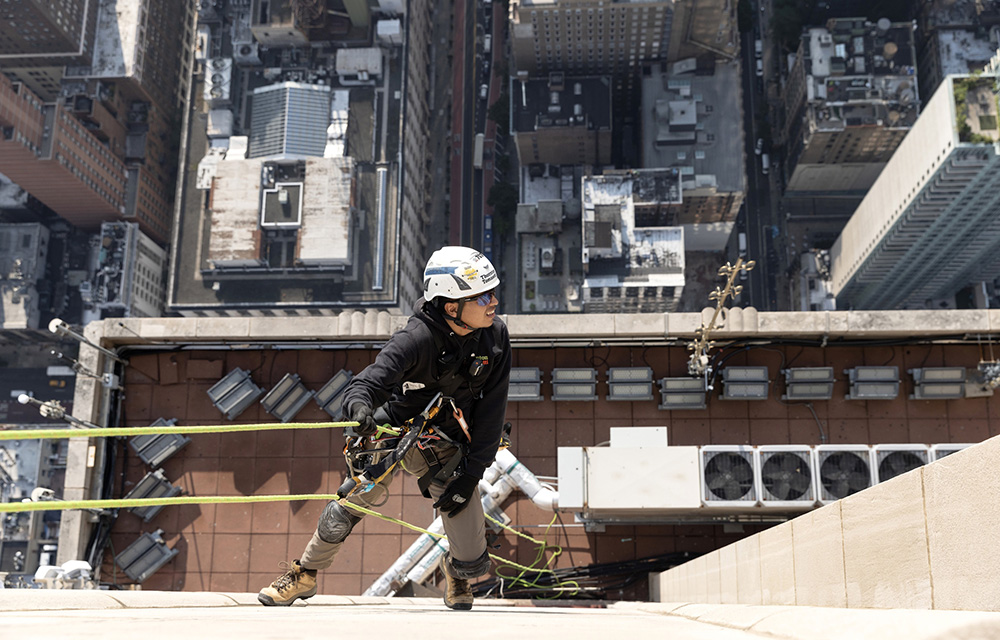

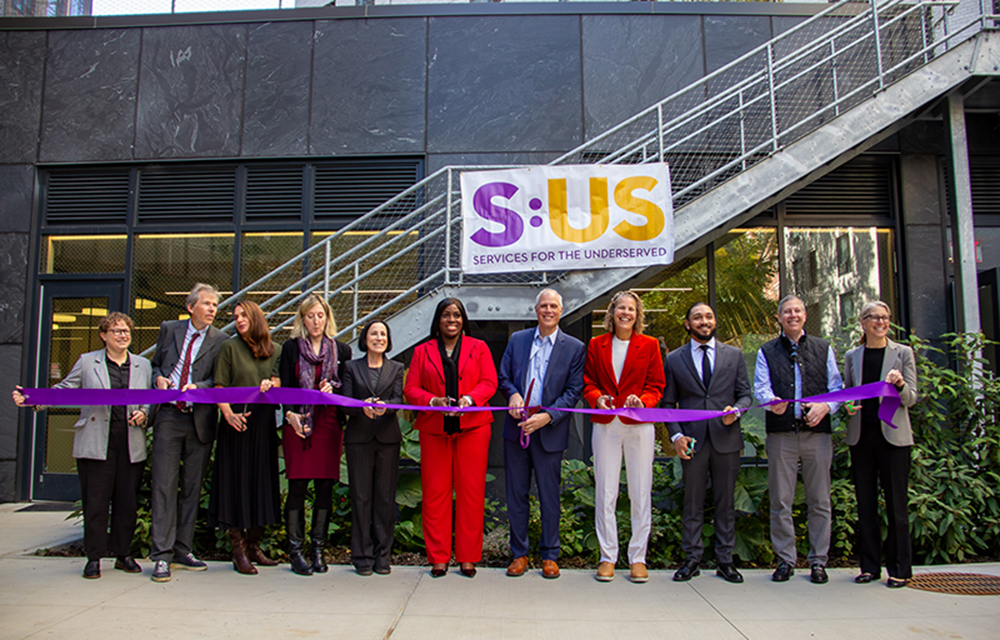
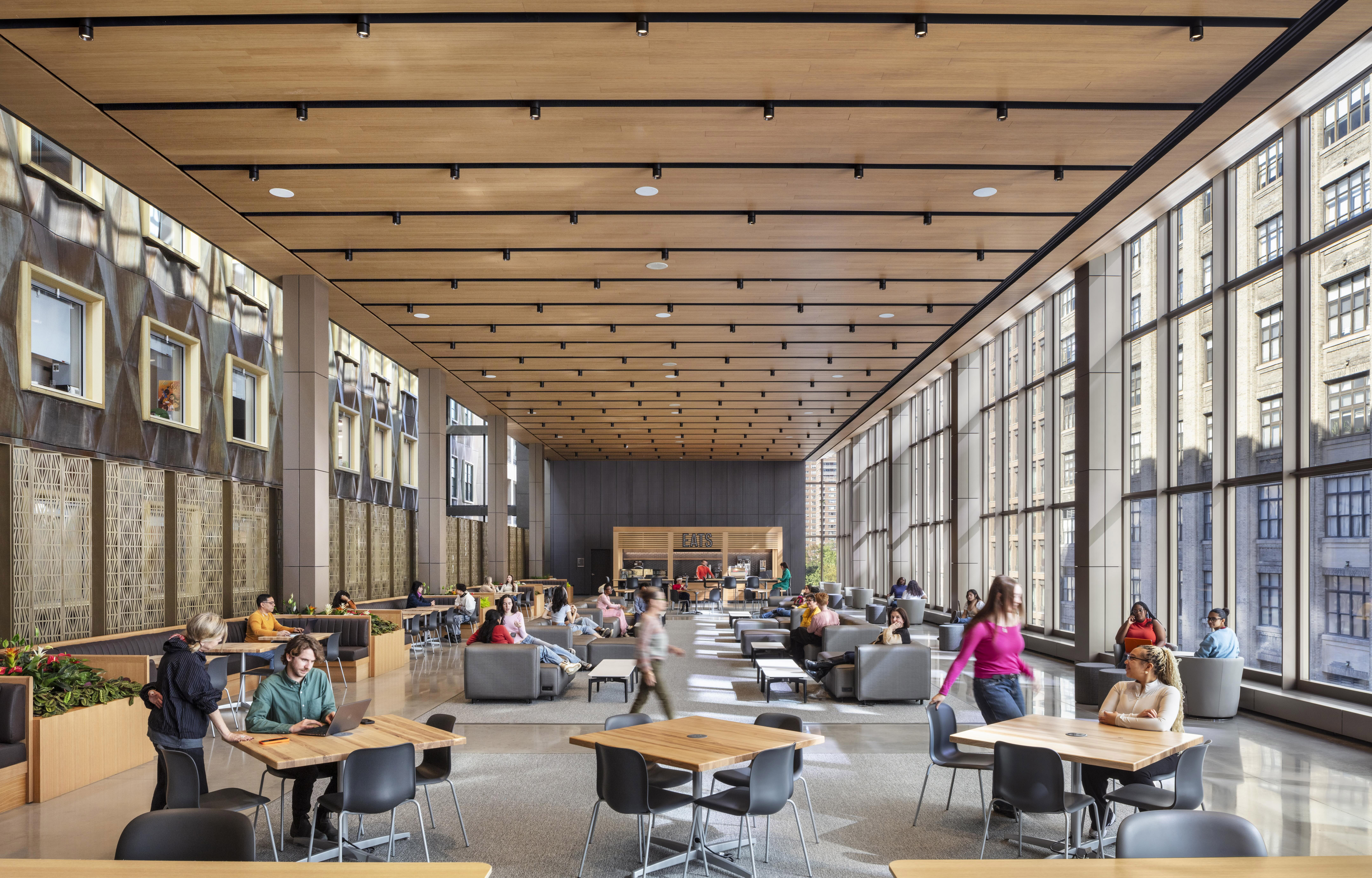
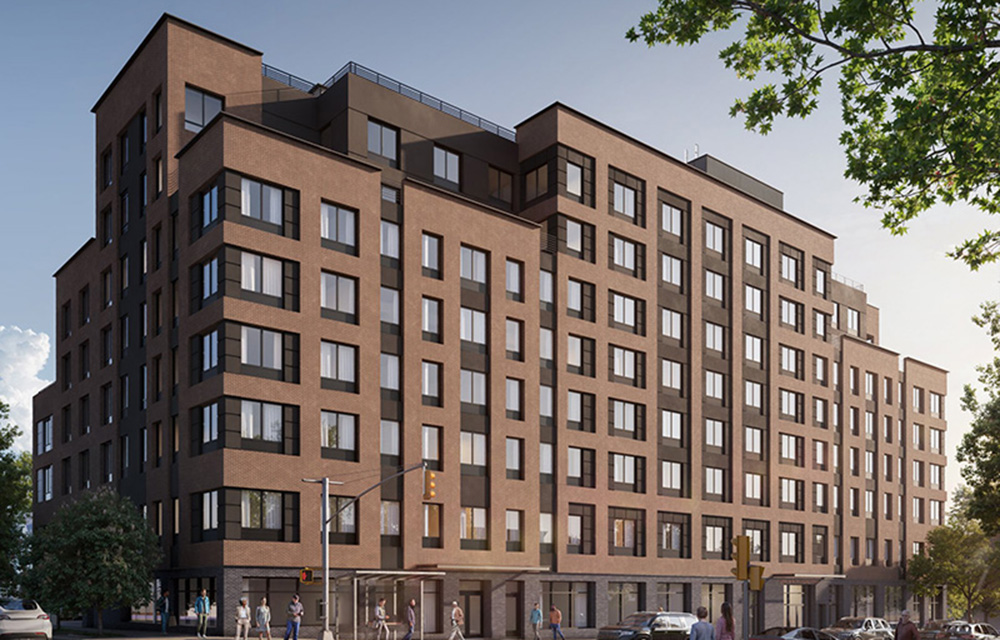
.gif)
.jpg)
.gif)
.gif)